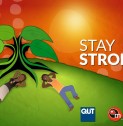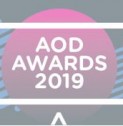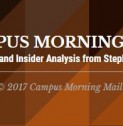In remote Aboriginal and Torres Strait Islander communities, access to typical drugs of abuse can be restricted due to geographical or social policy constraints. In these unique contexts, the substances and patterns of use can differ markedly from elsewhere in Australia.
Substances including petrol and kava are used recreationally in some remote communities. Even when more common substances, such as alcohol or cannabis are used, polarised patterns of use are often observed between members of the same community. There tends to be little moderate use, with individuals either using a substance heavily, or not at all.
Substance misuse disorders often coexist with other mental disorders. In such instances, the impacts are more chronic and severe than for either disorder alone. Mental health disorders account for the second largest proportion (15%) of total disease burden for First Nations Australians. Substance use disorders account for most of the gap between Aboriginal and Torres Strait Islander and non-Aboriginal and Torres Strait Islander mental health.
Our research focus:
-
To minimise the impact of substance misuse and related mental health issues through the provision and development of training, resources and interventions.
Our research impact:
- Translated research findings into multimedia educational and intervention resources.



.jpg&w=123&h=126)

